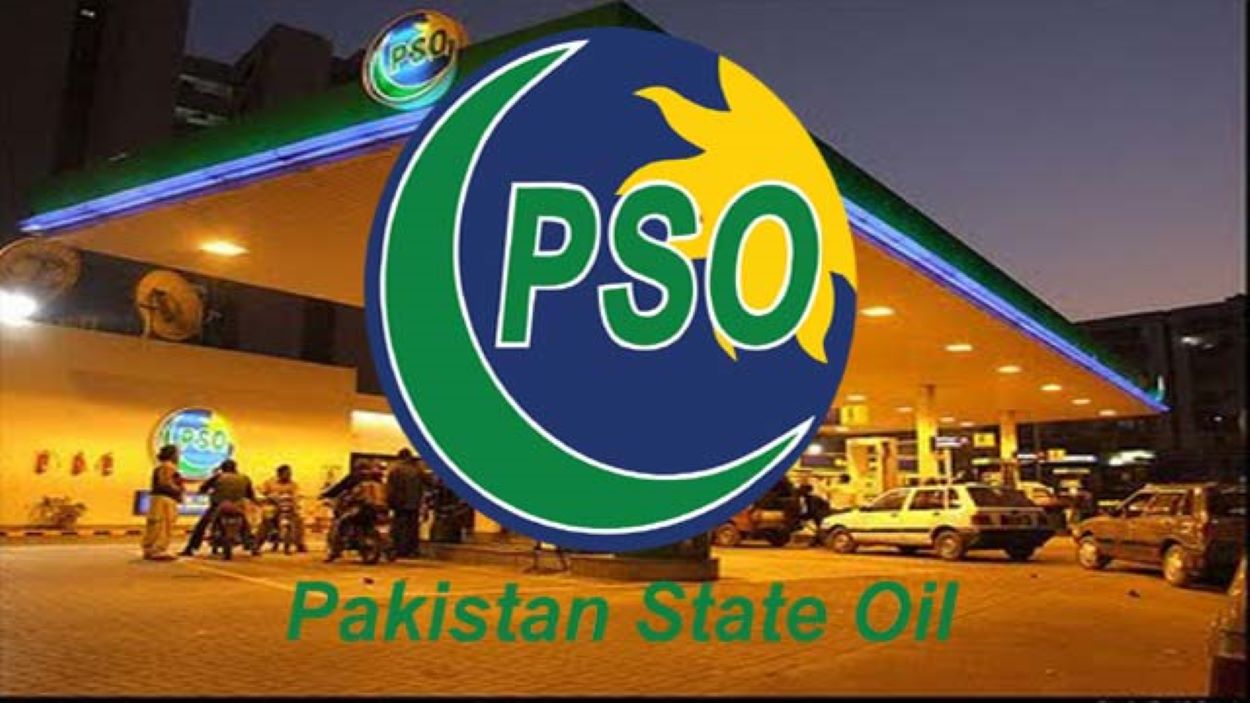Pakistan State Oil (PSO) is negotiating with the government to buy shares in state energy firms to manage significant debts.
The unresolved debt in the power sector is a key concern for the IMF, which will discuss a new long-term loan this month.
PSO’s CEO, Syed Muhammad Taha, stated, “We will engage in competitive bidding. Successful bids will be exchanged for our receivables.”
In a Reuters interview, Taha noted the proposal is under review as they work with the government.
The government holds a 25% stake in PSO, with private entities owning the rest. Petroleum and information ministers have not responded to requests for comments.
The IMF reports that by June 2023, Pakistan’s power and gas sectors had a circular debt of Rs 4.6 trillion, about 5% of GDP.
This debt arises from non-payment within the power sector chain, affecting consumers, distribution companies, power plants, and ultimately PSO.
As a major shareholder or owner, the government struggles with debt resolution due to fiscal constraints.
To reduce debt growth, the government has raised energy prices as advised by the IMF, yet total debt resolution is pending.
Taha mentioned that IMF reforms improved creditors’ payment abilities, a trend likely to continue.
PSO’s receivables from government and autonomous bodies total Rs499bn, mainly from Sui Northern Gas, which the government primarily owns.
PSO’s annual report last year highlighted the severity of its debt crisis.
Taha revealed PSO’s plans to acquire assets like power plants in Nandipur and Guddu and stakes in profitable companies like OGDC.
PIA Privatization
Taha said that in the PIA privatization process, PSO might engage in an asset swap, acquiring stakes in PIA’s non-core assets, such as property.
The government plans to sell between 51% and 100% of PIA as part of IMF-required public sector reforms.
Reports from March stated that PIA’s principal debt to PSO for fuel was about Rs15.8bn.
Taha anticipates a modest increase in demand for petroleum products as economic conditions improve, driven by lower interest rates and higher disposable income.
He added that PSO is working with major investors from China and the Middle East to upgrade and expand Pakistan Refinery.
PSO operates 3,528 retail outlets, 19 depots, 14 airport refuelling stations, and two seaports. It has the largest storage capacity in the sector, at 1.14 million tonnes.






